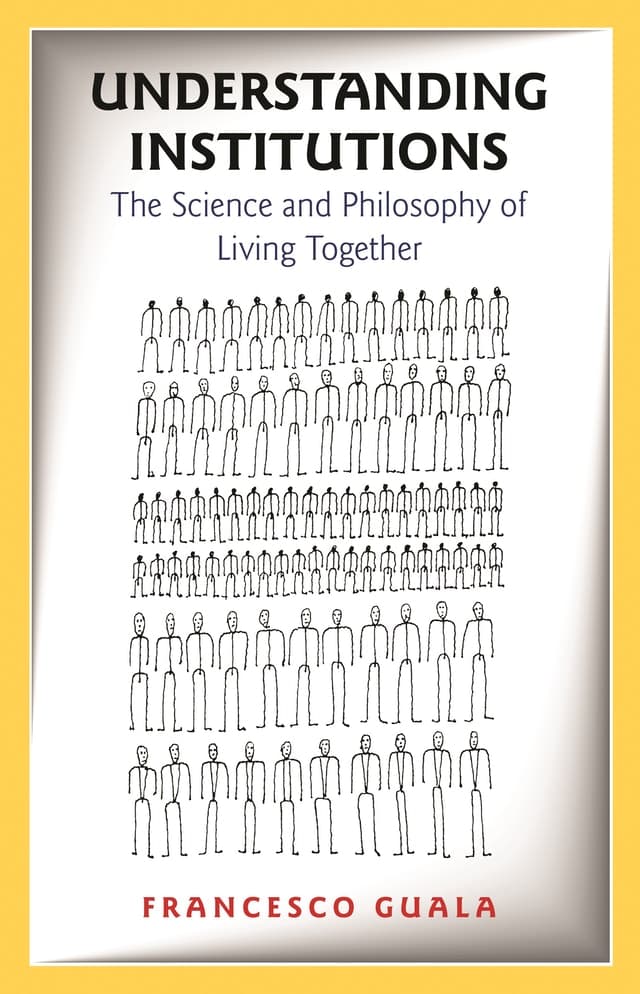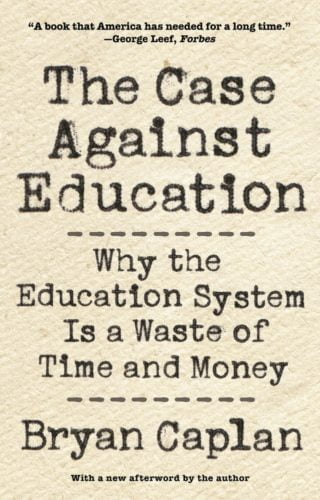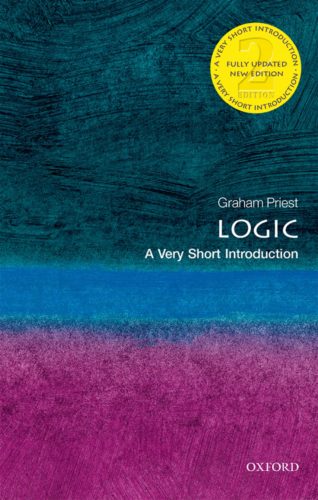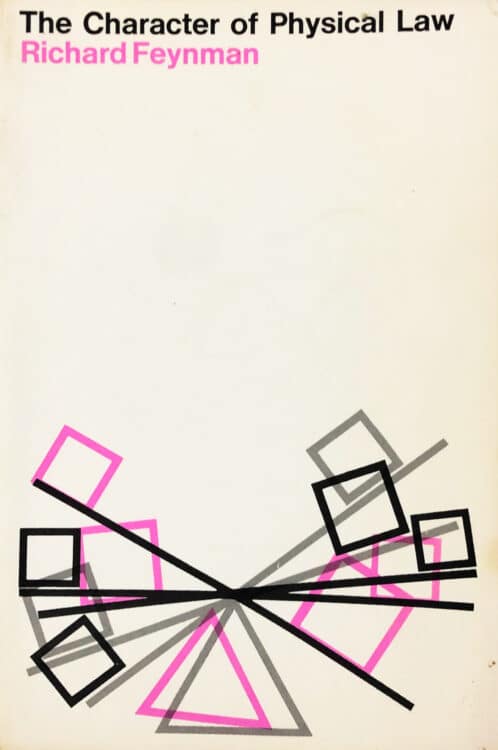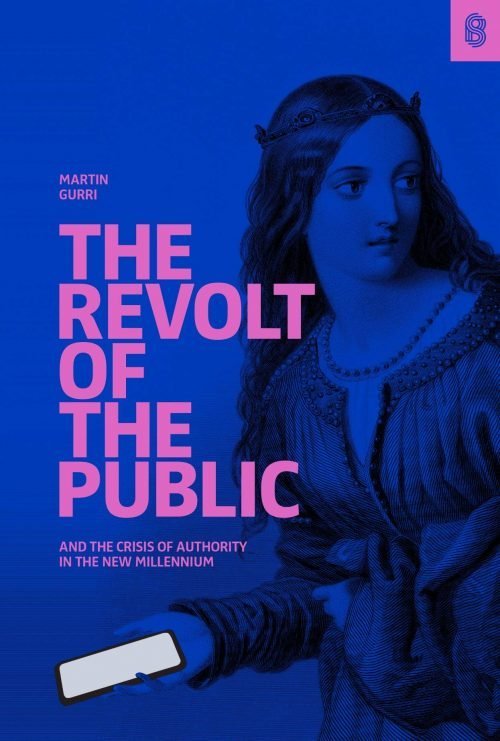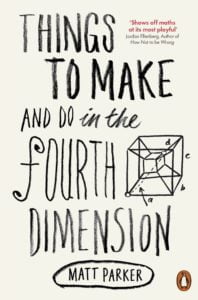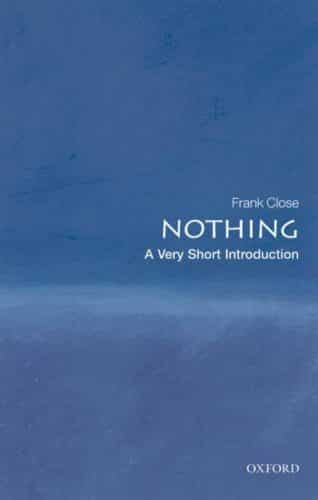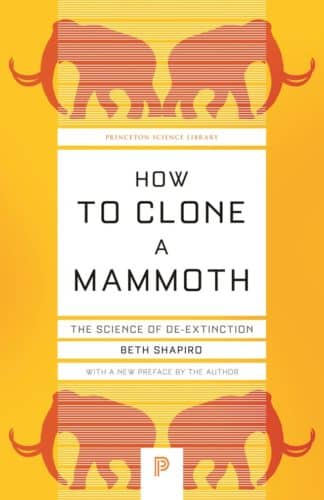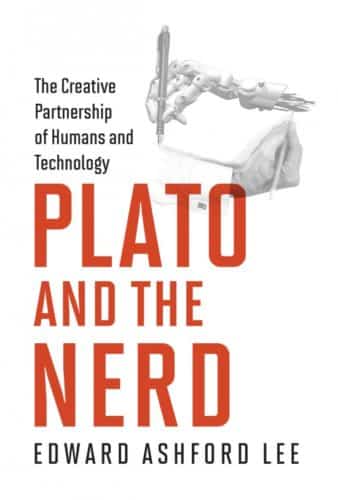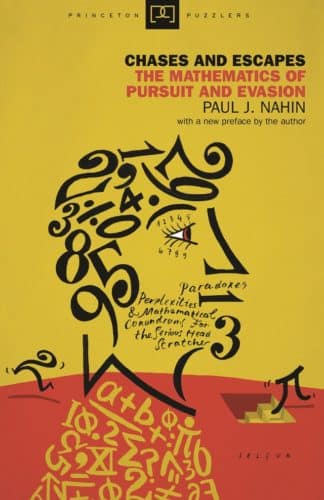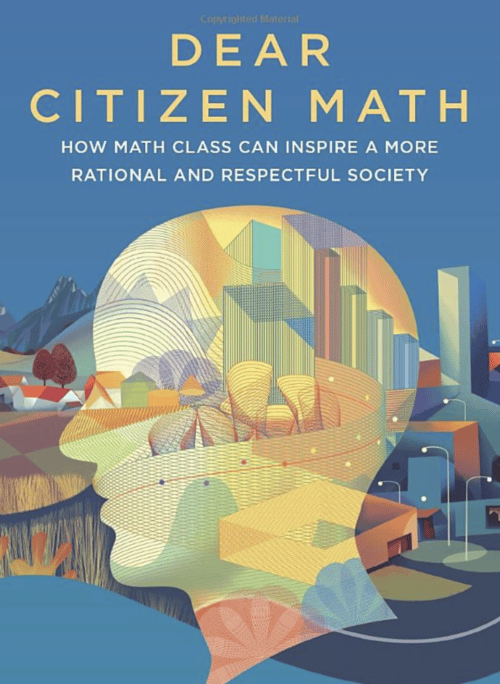Francesco Guala’s Understanding Institutions is an enlightening exploration into the fabric that holds society together—its institutions. By merging ideas from social science and philosophy, Guala presents a groundbreaking theory that redefines our understanding of social structures like money, private property, and marriage. This book is a must-read for anyone interested in the mechanics of societal organization and the intricate interplay between rules and norms.
At its core, Understanding Institutions combines elements from three prominent theories of institutions—equilibriums of strategic games, regulative rules, and constitutive norms. Guala’s innovative approach integrates these concepts into a unified theory that is both comprehensive and accessible. By doing so, he brings clarity to the complex mechanisms that underlie social structures.
The book isn’t just theoretical; it has significant practical and political ramifications. Guala dives into current debates, such as the meaning of marriage, and demonstrates how philosophical questions about institutions affect real-world issues. This makes the book not only intellectually stimulating but also relevant to contemporary societal discussions.
Guala tackles enduring problems in the social sciences, including reflexivity, realism, Verstehen, and fallibilism. By addressing these issues head-on, he provides a robust framework that can be applied across various academic disciplines. His insights into the criteria of causal and ontological dependence, as well as his analysis of “looping effects” and “interactive sorts” as defended by Ian Hacking, offer fresh perspectives on these complex topics.
One of the book’s standout features is its straightforward presentation. Despite incorporating principles from game theory, Guala’s writing remains clear and understandable. This makes the book accessible to a wide audience, including academics from different fields and anyone interested in the philosophical underpinnings of societal structures.
Understanding Institutions offers new insights into what institutions are, how they function, and their potential roles in our lives. By transcending individual case studies and focusing on general models and principles, Guala provides a fresh perspective that is both theoretically rich and practically relevant. This book is an essential addition to the library of anyone interested in the science and philosophy of living together.

